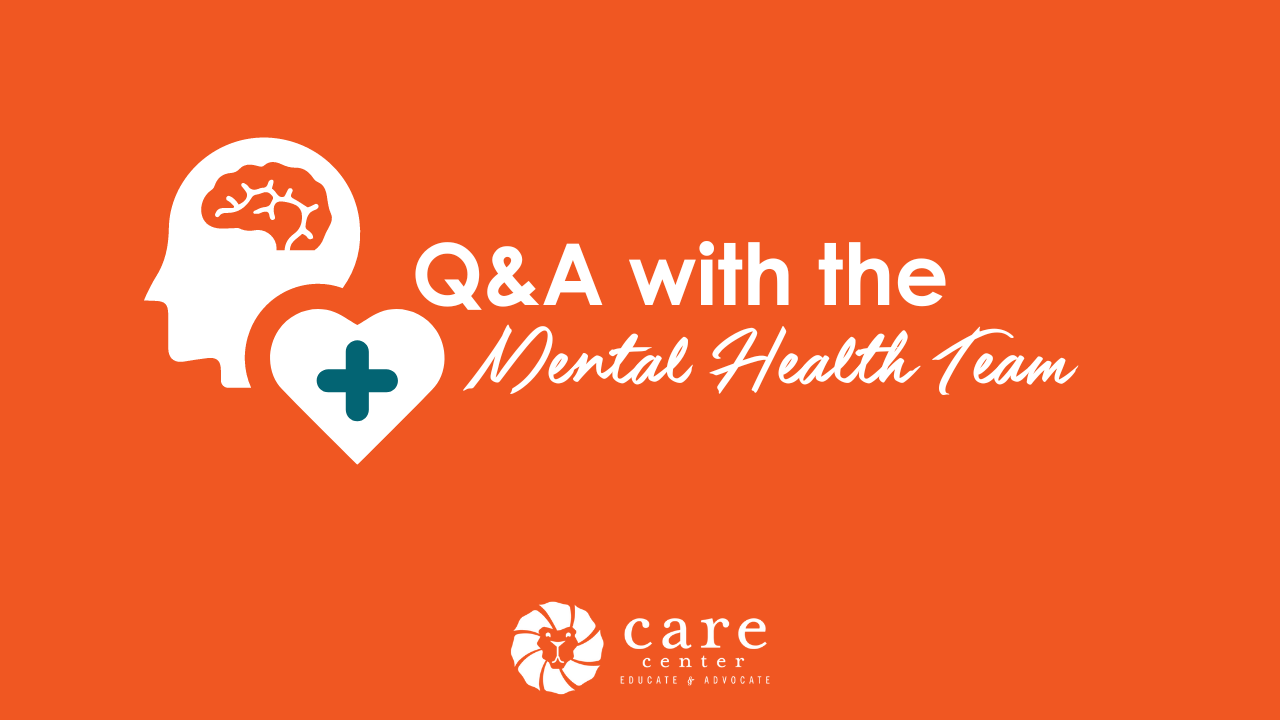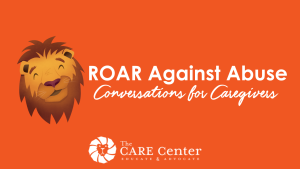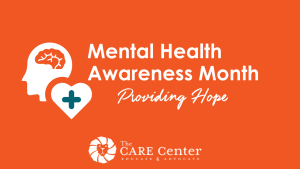In a world where compassion and knowledge intersect, The CARE Center’s Mental Health Department shines as a beacon of hope for vulnerable children and their families. Our dedication extends beyond raising awareness – our trained staff goes above and beyond to provide holistic care for both the young survivors and their caregivers. Central to this multifaceted approach is our steadfast commitment to mental health, recognizing its pivotal role in facilitating the healing process for these vulnerable individuals.
As we commemorate Mental Health Awareness Month, we sat down with our esteemed Mental Health Department to glean their invaluable insights and advice. Join us on this insightful journey, as our experts shed light on the importance of mental well-being in the lives of the affected children and their families.
Director of Mental Health, Hannah Griffis, M. ED., LPC:
What inspired you to join this field?
“In some ways, landing at CARE almost 8 years ago was divine intervention, and in other ways, it was the plan all along, I just didn’t know. From a young age, I always said I wanted to be a combination of Nancy Drew and a social worker. Being at The CARE Center is just about as close to that as it gets! This work matters in a big way – our agency aids in investigations to prevent further child abuse, while supporting kids and families on their healing journey in the meantime.”
What do you think makes The CARE Center unique in its approach to mental health?
“The CARE Center is unique in that we have both internal and on-site mental health providers as well as amazing community partners to refer clients out to. We can provide immediate care for kids who have suicidal ideation on-site, or just need a little extra support. We are then able to pass that case and child along to one of our on-site providers, with no gap in care. If our on-site providers aren’t the right fit, we are able to reach out to our network of referral therapists to find the right match for each family. Our mission is to provide excellent, trauma-focused care, free of charge, to all clients.”
Therapist, Chloe Byrd, M.ED., LPC:
What is your favorite part of your job?
“My favorite part of my job is working with the children and caregivers that come through our center. It’s an honor that the families we see entrust us to walk alongside them as they deal with tough situations. Seeing families progress from the start of treatment to the end is such a rewarding experience. Whether it’s seeing a child grow in self-esteem, feel proud of themselves for speaking up about the abuse they experienced, work on healing, or grow together as a family, it’s a joy to be a part of the process.”
What can families do at home to promote mental health?
“I think for caregivers one important thing to keep in mind is how big of a role they play for their child. Caregivers are so important to kids, so it’s very important for caregivers to take care of themselves and show kids how you can talk about and cope with tough feelings. A practical way to do this is to have conversations about feelings. Having regular, even short talks, about feelings makes it easier to connect when tougher feelings and situations come up. An example of this could be checking in about what feelings the child had that day (i.e. ‘high’ and ‘low’ of the day) or how a situation made them feel. Caregivers can also talk about their own feelings. Feelings are not good or bad, it’s what we do with them that matters. Paying attention to how we feel helps us to know what to do to cope. Part of the discussion can be talking about what we can do when we have a lot of feelings or more difficult ones. Caregivers can discuss what they like to do and what their child likes to do to relax. Families can also practice ways of self-calming together. Being open to having conversations and letting kids know you are there for them is important. Listening and empathizing go a long way to creating healthy communication and safe spaces to have conversations about mental health. Caregivers can start these talks early and change them as their child grows.”
Mental Health Coordinator, Whitney Hammer:
What is your favorite form of self-care?
“I love to either take my dogs for a walk or read a book!”
What brought you to The CARE Center?
“Hannah Griffis actually did a presentation in a class of mine in college and then my class did a tour of the agency after. Before any of that, I never knew Child Advocacy Centers existed. Once I did the tour, I knew this is where I wanted to be after college. I loved the atmosphere and how The Care Center not only supports the family while they’re here but how they continue to support them in many ways, including through mental health services”
Therapist, Kristine Johnson, LMSW:
What is one wellness tip you would like to share?
“A wellness tip I love to follow is to move once every day. Meet your body where it’s at, find gratefulness for it, and then do what you’re able to do at that moment. This might look like taking one minute to stretch, getting your body outside and lying in the sun, or if you are able-bodied even doing an activity to work up a sweat. Taking movement breaks throughout the day—even just 1-15 minutes—is a great way to be mindful, bring ourselves into the present, and take care of ourselves all the time. My favorite movement break is to go on a quick jog with my dog two minutes down the street and two minutes back home!”
Do you have any advice for people hesitant to reach out for help?
“If you have a feeling you may need some support or help—trust yourself, be brave, follow through, and ask for help! As mental health professionals, we want you to feel seen, heard, and valued for who you truly are, and we LOVE it when you give us the chance to do that. I hope no one ever feels any shame in reaching out. One of the bravest things a person can do is to be vulnerable enough to ask for help and let another human meet them where they are. I am filled with an immense amount of respect for every person that follows through on reaching out for support when they need it.”
The CARE Center’s Mental Health Department’s unwavering commitment to providing holistic care, free of charge, shows their dedication to healing and transforming lives. Their stories are a testament to the profound impact of their efforts. They remind us that mental well-being is not only crucial for the healing process but also for building resilient futures. As we navigate the complexities of life, let us remember the importance of reaching out for help, nurturing our mental health, and embracing the support that surrounds us. Together, we can create a world where champions of the mind and soul flourish, and no one stands alone in their journey to healing.
Mental Health Crisis Hotline: Call or Text 988 | Español: 888.628.9454
For more mental health resources, visit 988 Oklahoma

